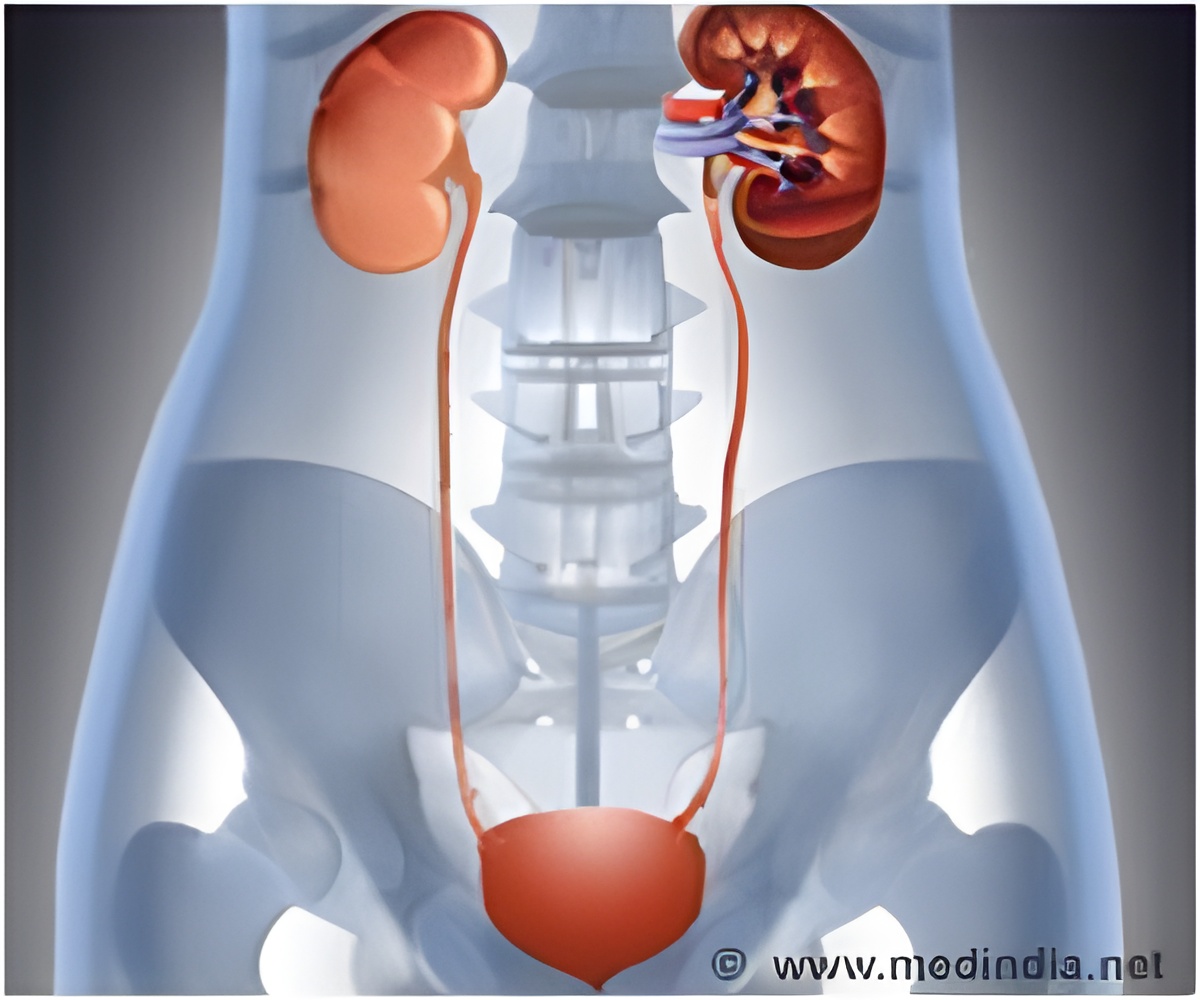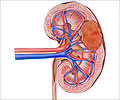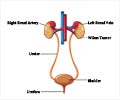In the first of its kind, study describes the unique role of androgens in kidney cancer and suggests treatment that targets androgen receptors.

‘AR-positive kidney tumors are more likely to spread to the lungs and AR-negative tumors are more likely to spread to the lymph nodes.’





The journal Nature Communications published the study, which shows that in renal cell carcinoma androgen signaling can either stimulate or suppress tumor cells' movement and invasion to different locations in the body.In earlier research, Chang's lab also shed light on the duality of AR's role in different cancers. For example, AR signaling can enhance bladder cancer cell invasion but suppress prostate cancer cell invasion, he has found.
"In kidney cancer, many studies have provided conflicting information," Chang said. "In some cases AR expression has been associated with less malignancy. We were able to begin to sort out AR's function in this one disease, showing that AR-positive kidney tumors are more likely to spread to the lungs and AR-negative tumors are more likely to spread to the lymph nodes."
Study overview
Chang's lab began its investigation with an epidemiology survey of nearly 4,000 cases of kidney cancer in China. Researchers found that, generally, males were almost three times as likely to get kidney cancer as females. And among those whose cancer spread to the lungs within 12 months, the male-to-female ratio jumped to nearly five to one. In contrast, the gender differences were much less significant among the patients whose cancer spread to lymph nodes versus to the pulmonary system, presumably because the cancer cells contained fewer androgen receptors.
Advertisement
Renal cell carcinoma or kidney cancer is often treated with surgery and radiation in less advanced cases, and also with chemotherapy, immunotherapy, and some newer, targeted drugs that block the growth-stimulating proteins in the cancer cells. However, once it has spread it is difficult to treat. The cancer tends to resist chemotherapy and radiation, and targeted medications only extend survivorship an average of six to 15 months.
Advertisement
Source-Eurekalert















